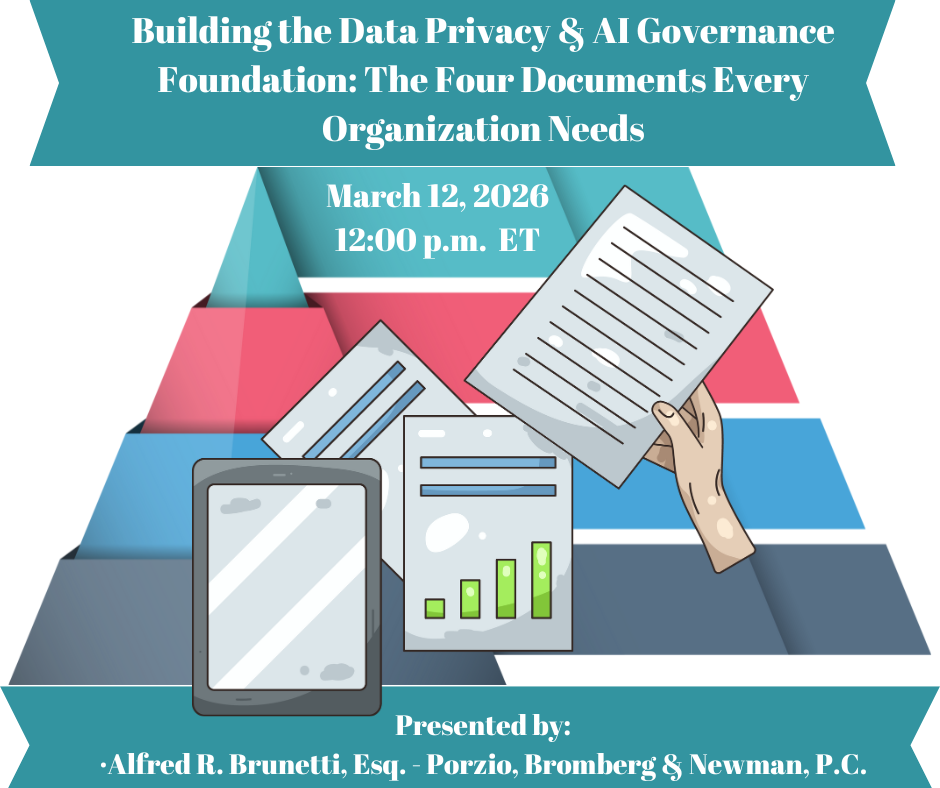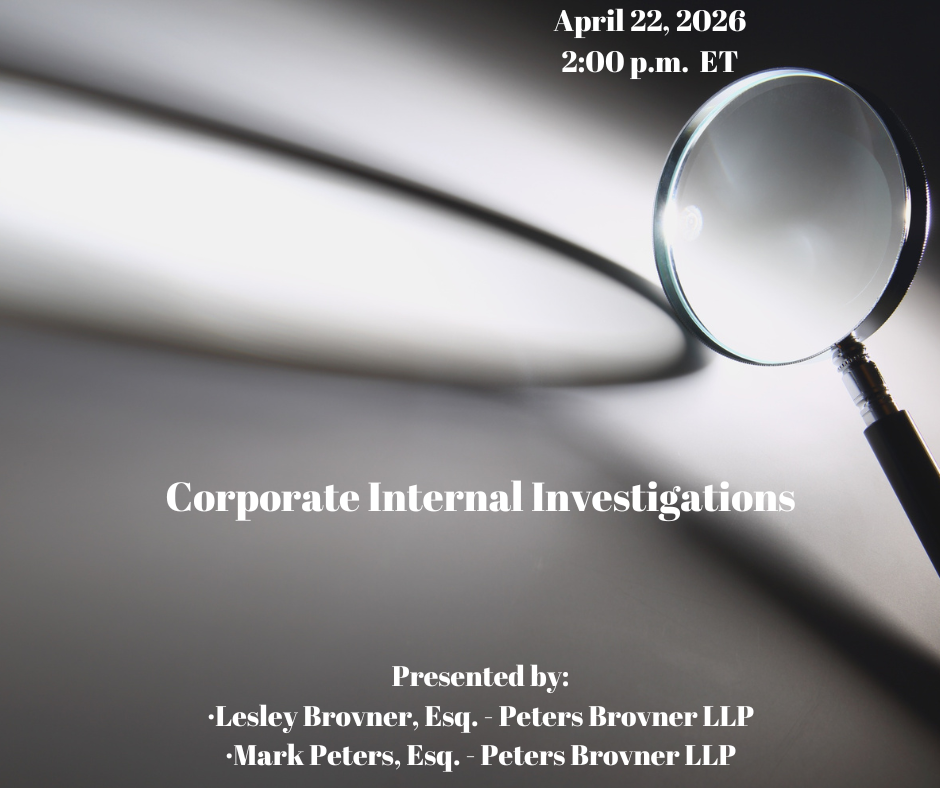
Exciting new series on “Voice, Body and Movement for Lawyers – How to connect with the jury and find Justice Through Dramatic Technique!”
Click here to find out more
Cybercriminals have recently turned their attention to law firms in an attempt to steal, expose, sell, or extort confidential information. As law firms digitize sensitive records, the opportunity for online criminals has dramatically increased. Legal firms face numerous cybersecurity threats from both employees and external operators. Law firms reporting security breaches rose from 26% in 2019 to 29% in 2020. COVID-19 is a likely contributor, as many law firms transitioned to remote work. Virtual work environments and online communications can leave an open door to hacking and ransomware.
The Most Serious Cybersecurity Threats Facing Law Firms
Law firms are accustomed to handling sensitive client information as well as private corporate information. Even today, many firms are vulnerable to cyber-attacks because of a lack of effective internal controls, awareness, and standard compliance systems. The following are the most common cybercrimes legal firms encounter.
• Ransomware programs extract and encrypt a law firm's essential files and demand a fee—or ransom—in exchange for the cybercriminal restoring the file for the law firm's use.
• Wire Fraud Transfer: This scam takes on many forms. At its most basic level it is anything transmitted electronically with the intent to trick the recipient into transferring funds or directing the transfer of funds into the criminal actors’ bank account. The most common means is through email and texting. Law firms are particularly vulnerable because of the enormous and constant flow of monies to and from trust accounts.
• Phishing scams are fake messages (often emails) sent to a person or people in the hopes of obtaining personal information from them. Due to the enormous volume of emails sent from outside sources, this risk is especially frequent in legal firms. If the attack is advanced enough, the attorney's entire email account might be compromised, exposing a slew of critical client information.
• Data breaches involve the theft of personal or sensitive information from law firms for financial gain or retaliation. These assaults are often carried out by cybercriminals remotely accessing the law firm's computer, gathering personal or sensitive data, and transmitting it to third parties.
• Miscellaneous cyber threats: Additional concerns to law firm security include (1) malpractice lawsuits following a data breach and (2) insider cybercrime. When a client believes, their attorney has failed to maintain proper controls over their sensitive information, they might initiate a malpractice case.
Bolstering a Firm’s Cybersecurity
Learn about practical steps that law firms can take to strengthen cybersecurity for their benefit and the benefit of clients.

Attorneys hopefully recognize that, like many other professionals, their lives are filled to the bri...

This companion program to Part 1 goes deeper into the rhetorical power of Shakespeare, emphasizing h...

Effective data privacy and artificial intelligence governance programs do not happen by accident. Th...

This Shakespeare?inspired program illustrates how Shakespearean technique can enrich courtroom advoc...

Resilience in the Workplace, delves into the critical importance of resilience in navigating the cha...

The “Chaptering Your Cross” program explains how dividing a cross?examination into clear...

Successful personal injury defense practice requires far more than strong legal arguments—it d...

The CLE will cover the Ins and Outs of Internal Corporate Investigations, including: Back...

This program will address some of the most common intellectual property (IP) issues that arise in co...

This attorney-focused program reviews upcoming Nacha rule changes for 2026 with emphasis on legal ob...